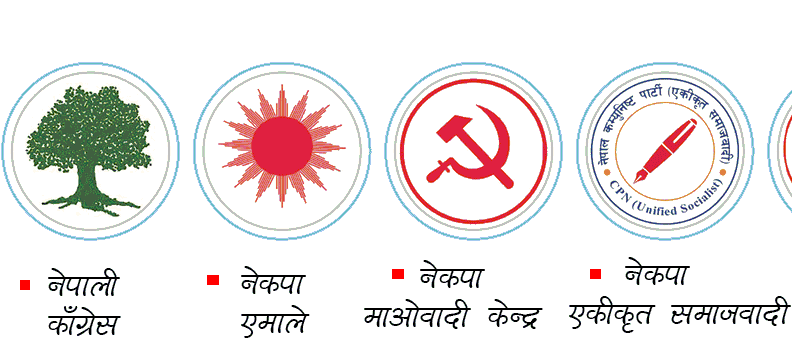The disrespectful behavior shown by some Nepalis or US citizens of Nepali origin in the US towards Prime Minister KP Sharma Oli, who had traveled to New York to participate in the UN General Assembly, is highly condemnable. Even if one cannot welcome the Prime Minister, he should still be treated with basic decency and respect. Yes, some individuals may have cut ties with Nepal and become US citizens, but the person who arrived from Nepal is still a guest. Even Nepalese residing in the US have expressed their displeasure over such inappropriate conduct towards Prime Minister Oli. Prime Minister Oli had a program scheduled to interact with the Nepali community there. However, due to rumors about potential disruptions, the Consulate General in New York announced the cancellation of the event, citing security concerns. When the Prime Minister of neighboring India, Narendra Modi, visits other countries, he receives a grand welcome from citizens of Indian origin, without facing any opposition or hostility. Instead, they not only welcome their leader but also show respect for themselves. Insulting a top leader and the Prime Minister of one’s own country while abroad cannot be seen as reasonable under any circumstance.
Canadian citizen arrested for troubling businesspersons

Nepal has extended recognition to non-resident Nepalis in various ways and has provided resources to support their annual conferences. The leaders have also played a role in ensuring their right to maintain property in Nepal. When attempts were made to disrupt Prime Minister Oli’s program, why didn’t these organizations immediately speak out against it? How much respect did the Nepalese community in the US gain when the Prime Minister of their own country came to engage with them? What kind of impression would others have of Nepalis when they disrespect their own leader? Sometimes, neglecting basic manners can have broader negative repercussions. It is important to note that Prime Minister Oli is a democratically elected leader of the country. He did not rise to this position through favoritism, coercion, or manipulation. Having spent 14 years in prison for resisting autocracy, Oli occupies a unique and respected place in Nepali politics. Of course, his actions are not free from criticisms. When the House of Representatives was dissolved twice under his leadership, the Supreme Court declared these moves unconstitutional. However, this time is different. He is currently leading the government with the support of a two-thirds parliamentary majority. Therefore, when some political groups attempt to defame him, even in the US, it raises questions about the integrity and reputation of the Nepalese community living there.
Major political leaders in Nepal have lately faced increasing criticism within the country, which is common in democratic societies. However, a troubling trend has emerged: using false accusations on social media to vilify someone or transforming an undeserving individual into a hero by giving them undue credit. During major festivals, slogans have been chanted against the President, Prime Minister, and other leaders present among the crowds. Such actions are neither constructive nor healthy. It is wrong to suggest that the actions of a few represent the entire nation, based on localized incidents or social media misinformation. Would it be acceptable if parties like the Nepali Congress (NC) or CPN-UML, with millions of supporters, exhibited similar behavior? The political landscape may shift according to the needs of the time, but this does not justify opposing leaders the moment they are out of favor. Democratic practice requires constructive criticism of everyone and upholding a basic decency in opposition. If Prime Minister Oli is opposed merely for the sake of opposition and such acts are portrayed as the voice of the people, it will push politics towards unnecessary confrontation. While opposing a head of state or government who has imposed autocracy can lead to positive change, targeting a democratically elected leader in such a manner suggests a troubling development. If such behavior becomes the norm, no leader will be able to stand up and speak freely, not just abroad, but even within Nepal. The issue at hand is not limited to Prime Minister Oli but points to a problematic political culture that is being nurtured by certain political groups to meet their vested interests.







































